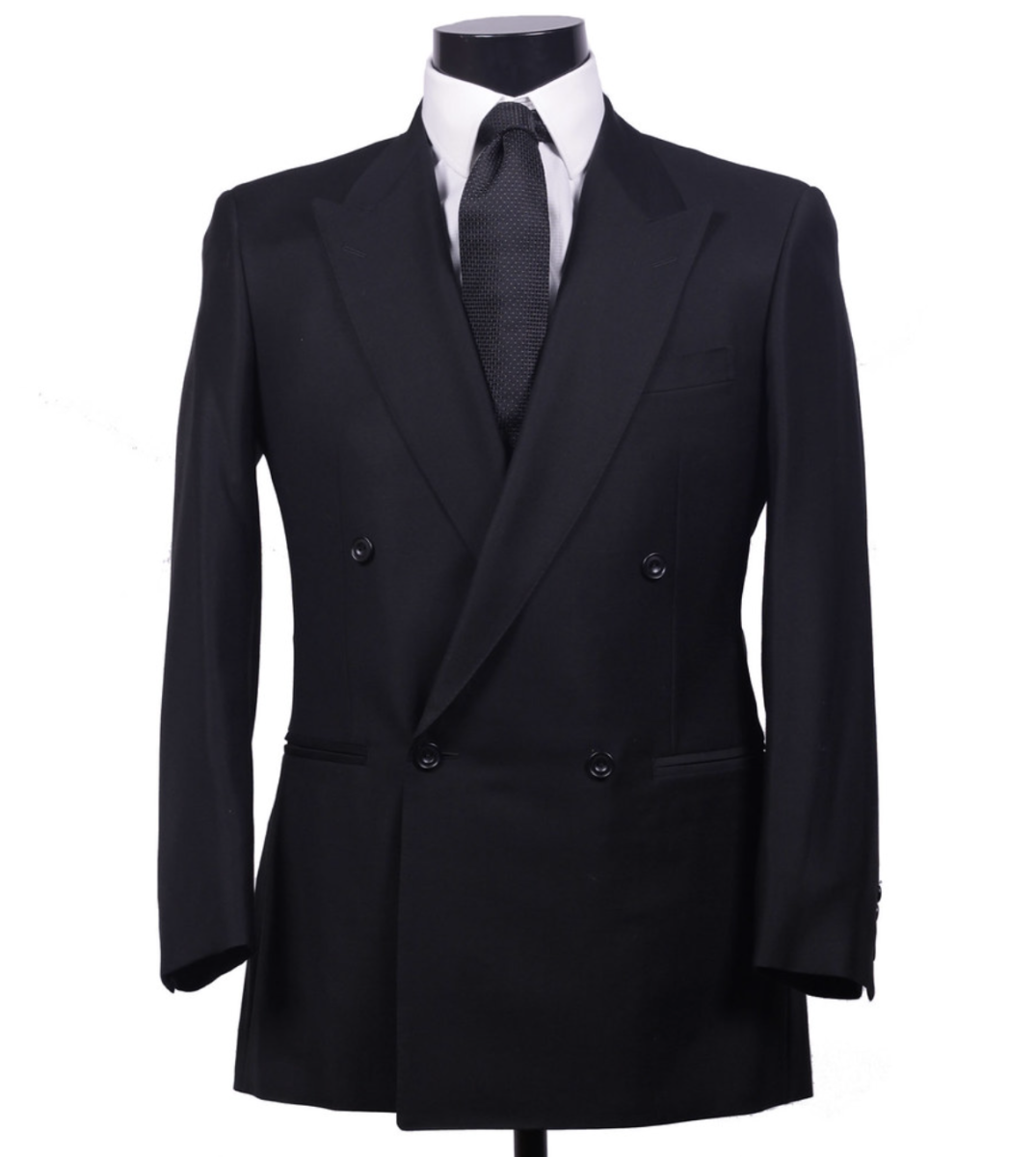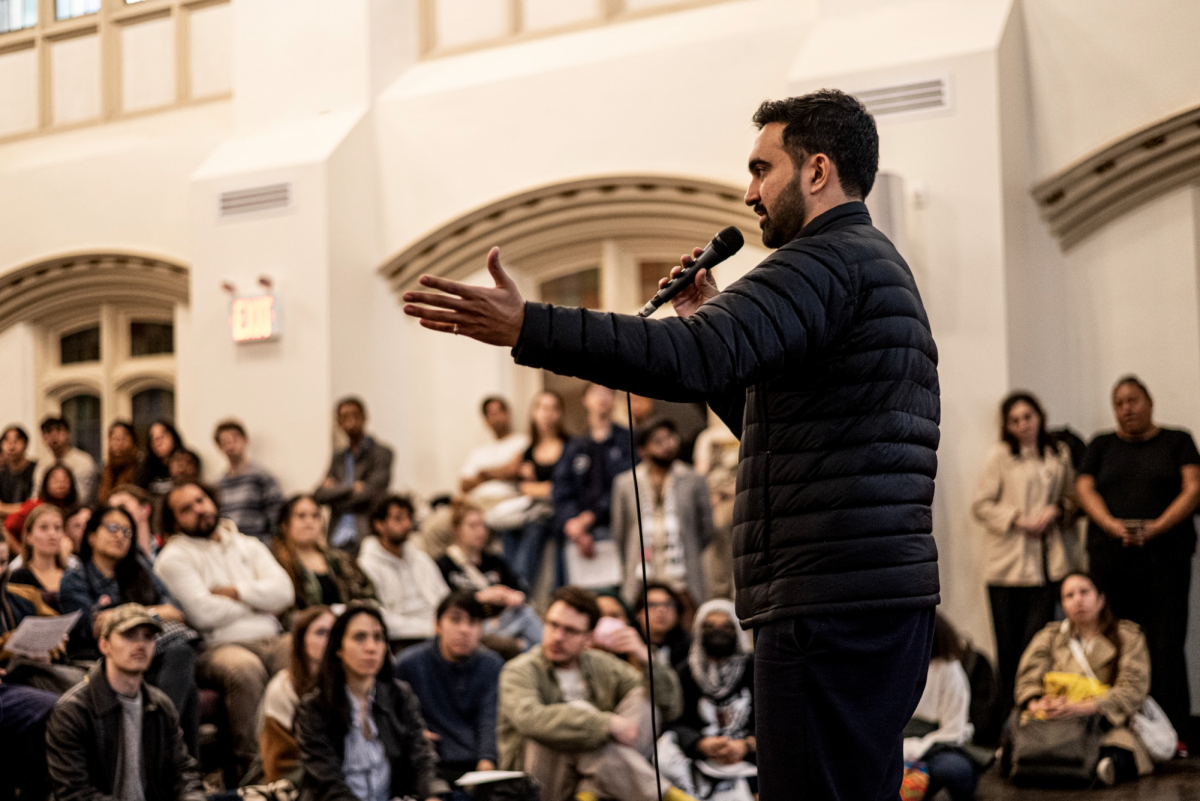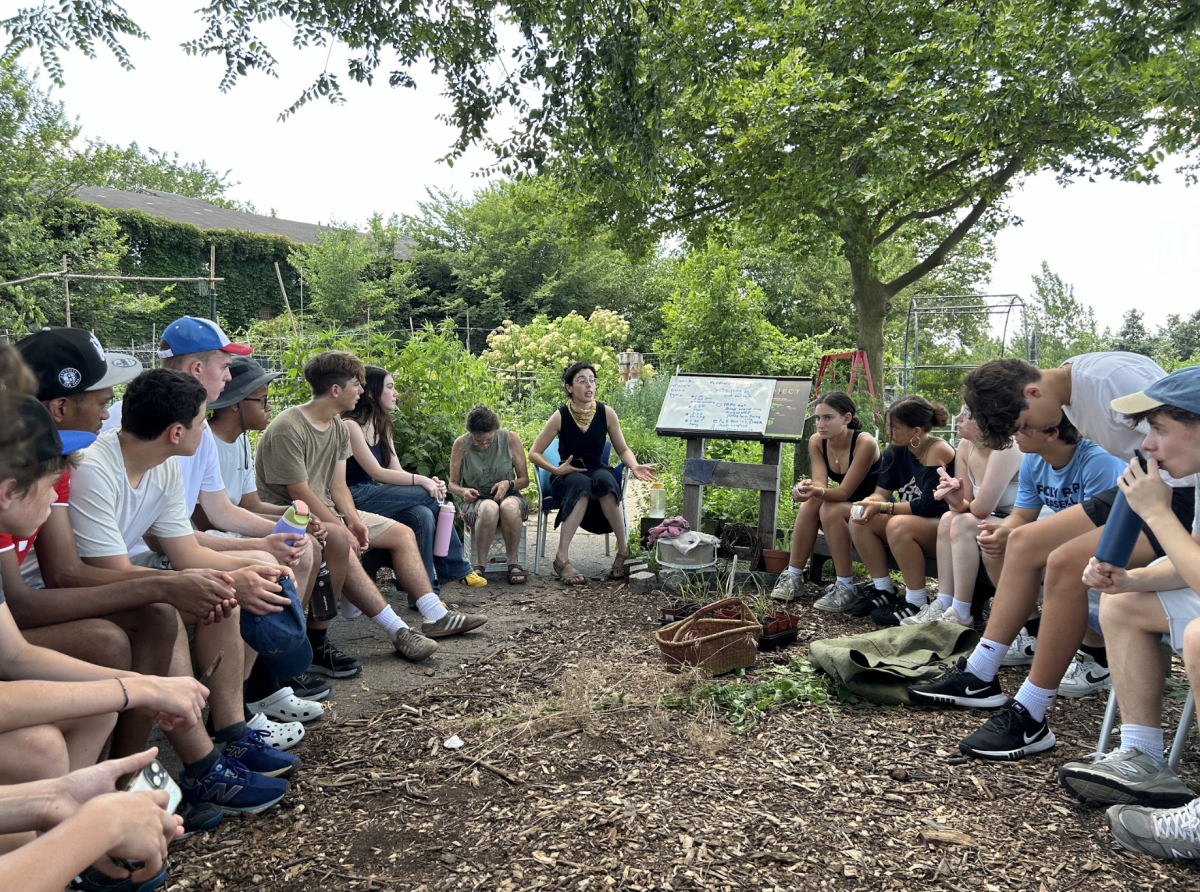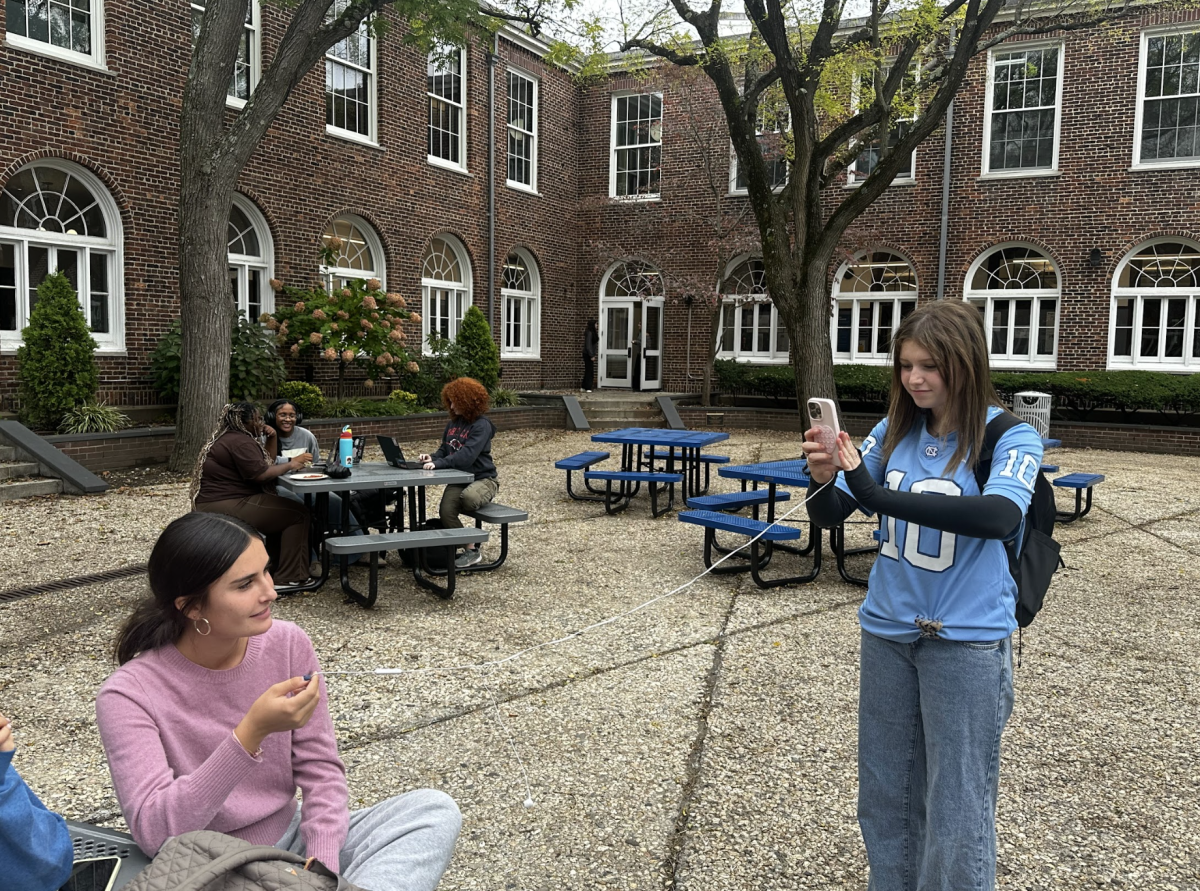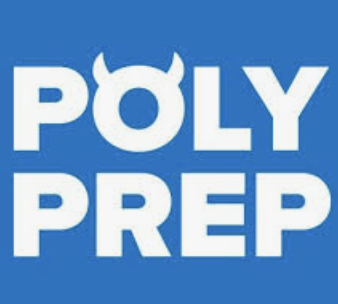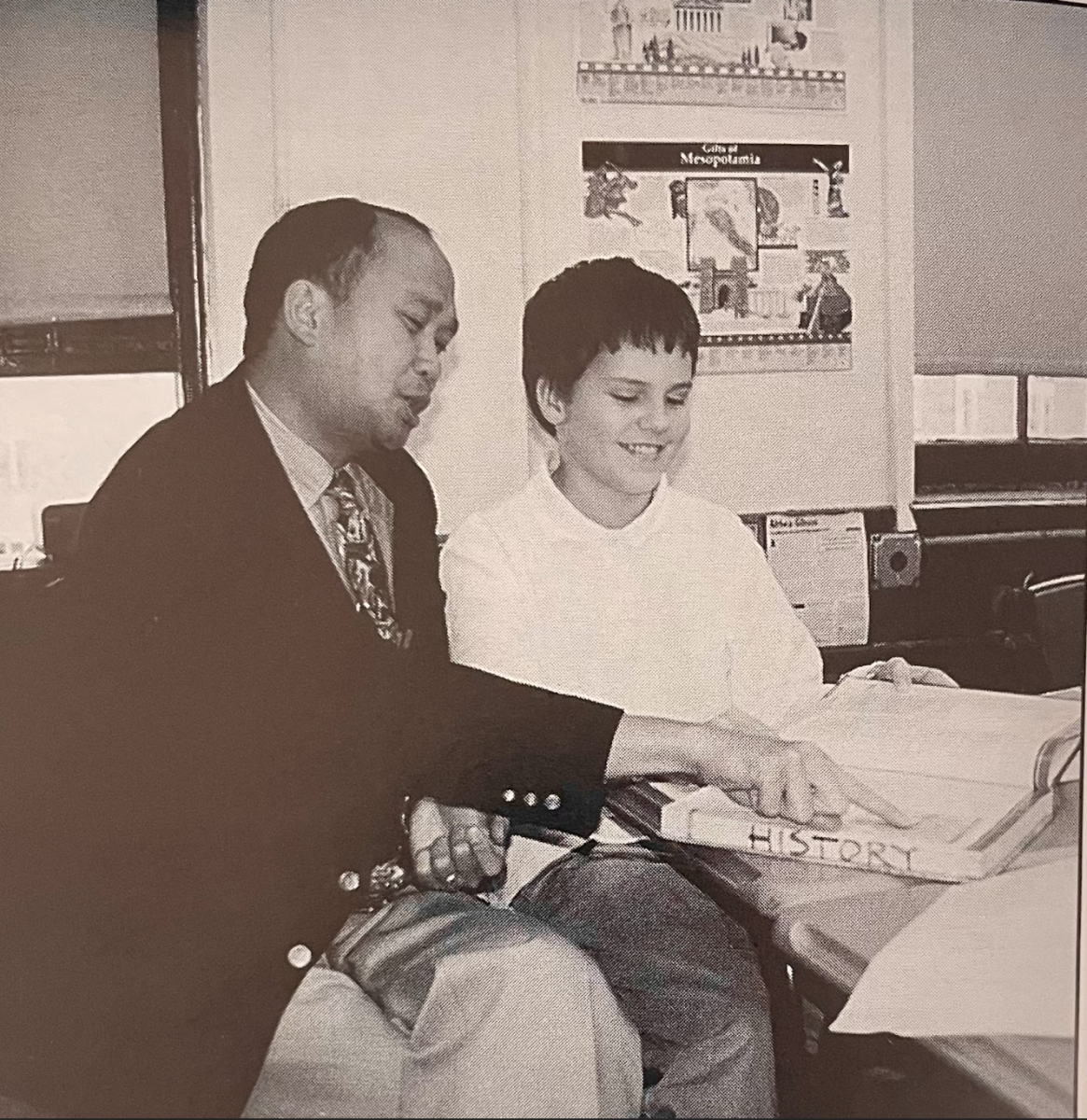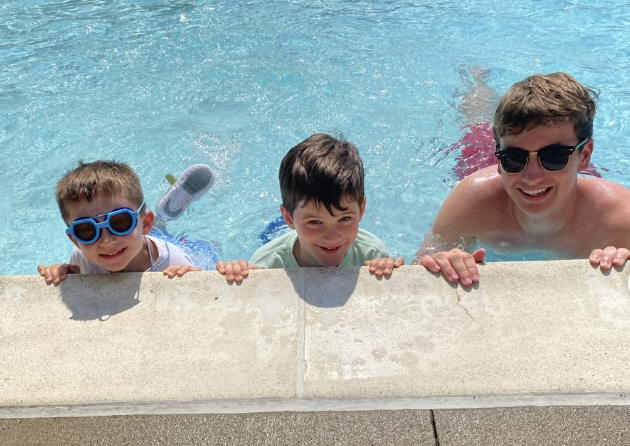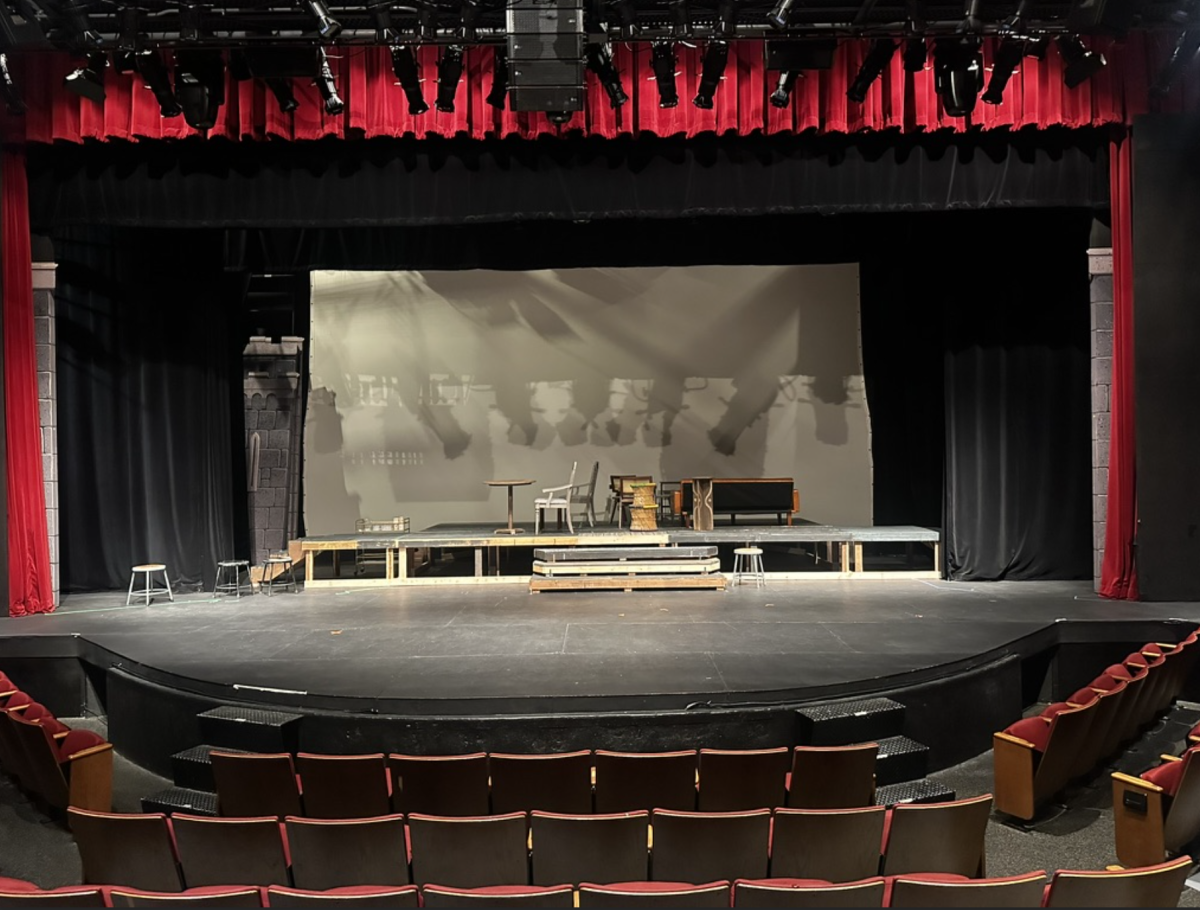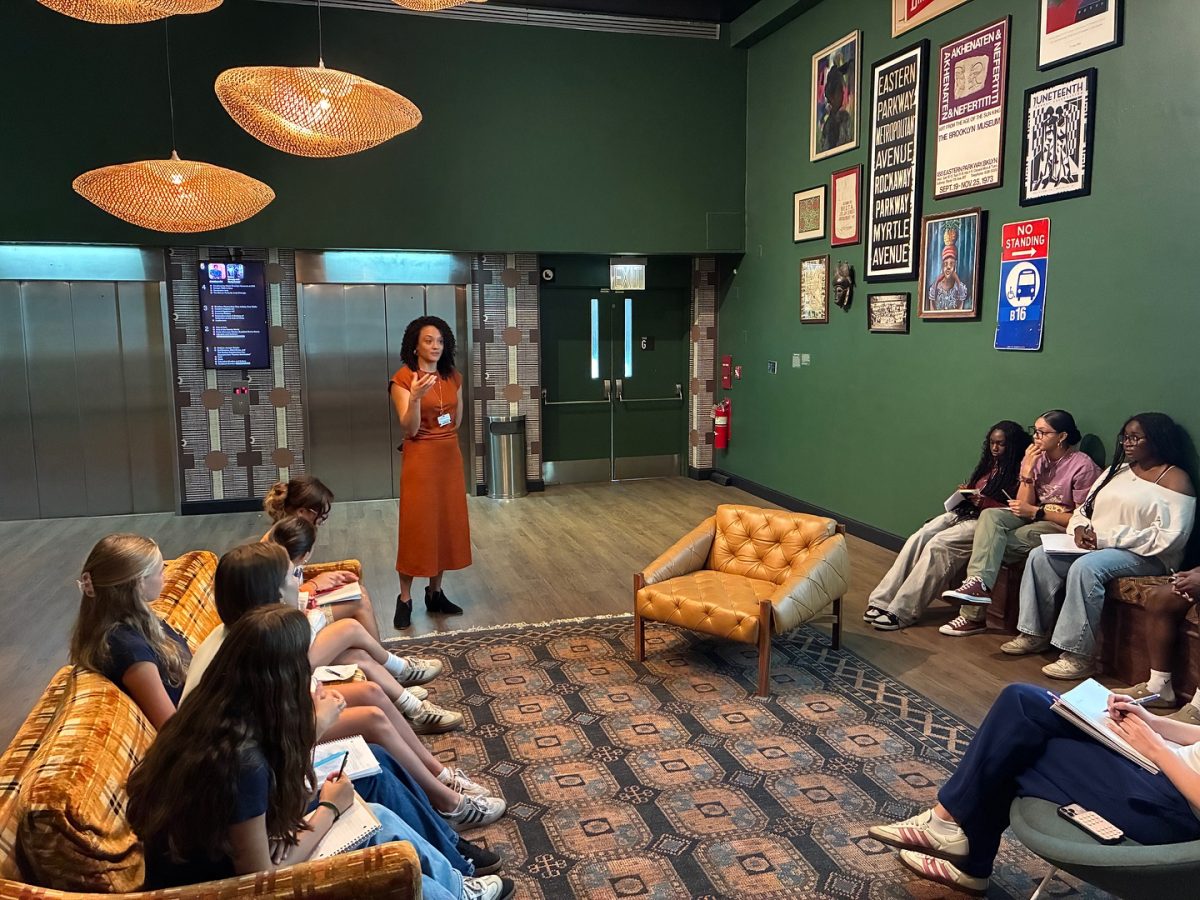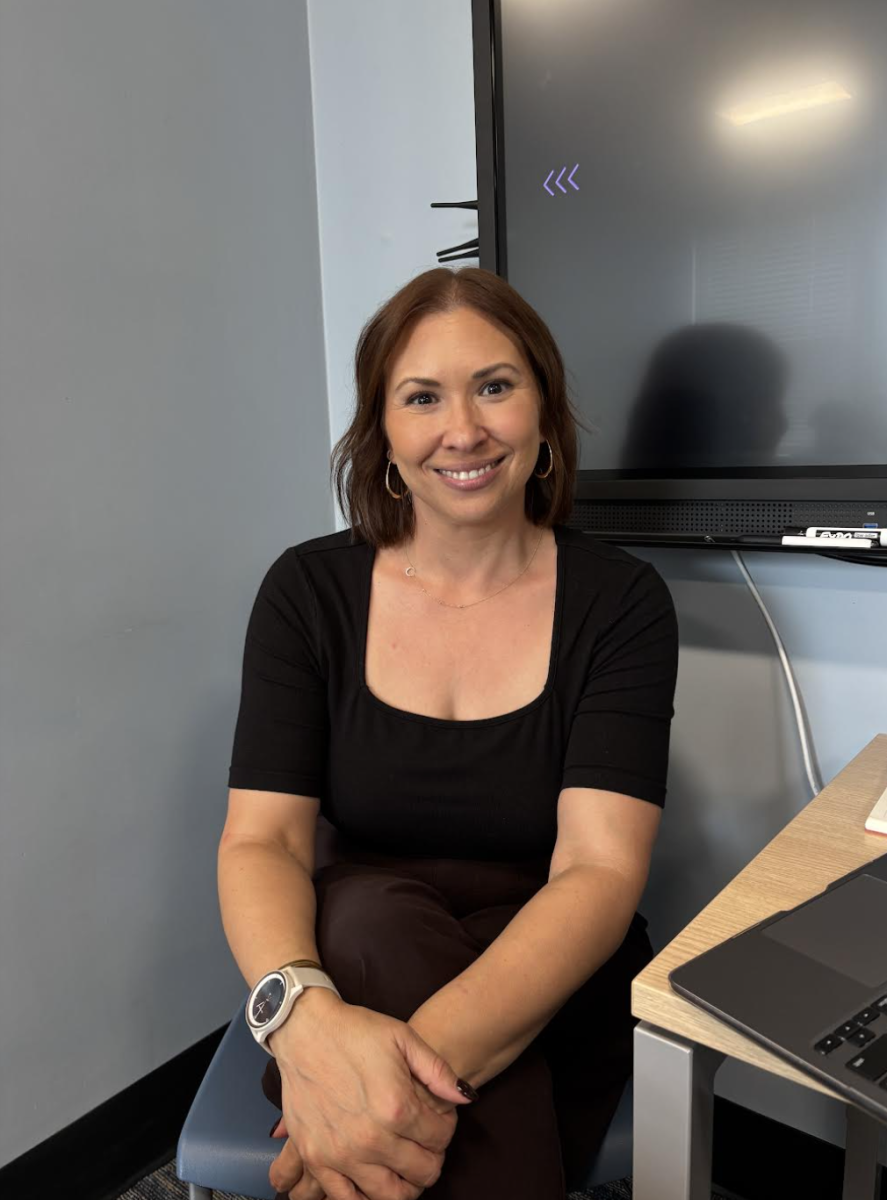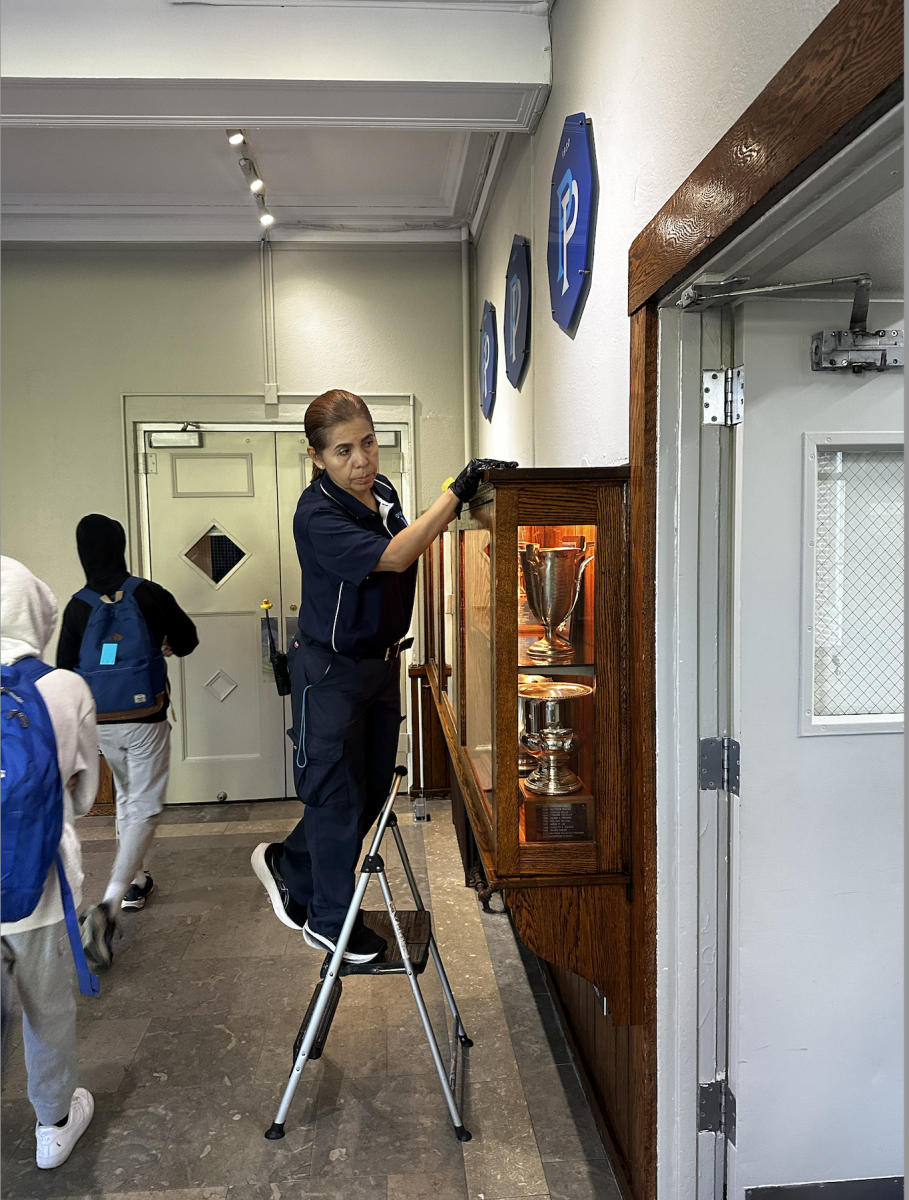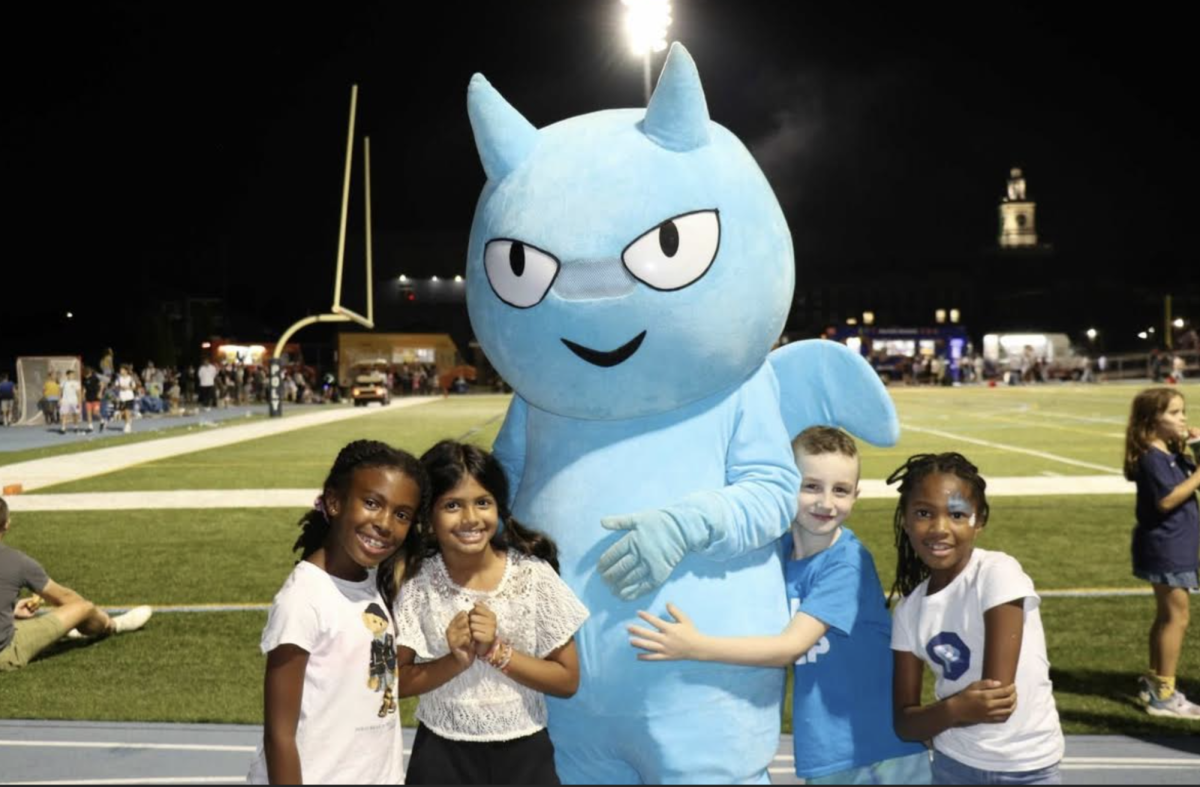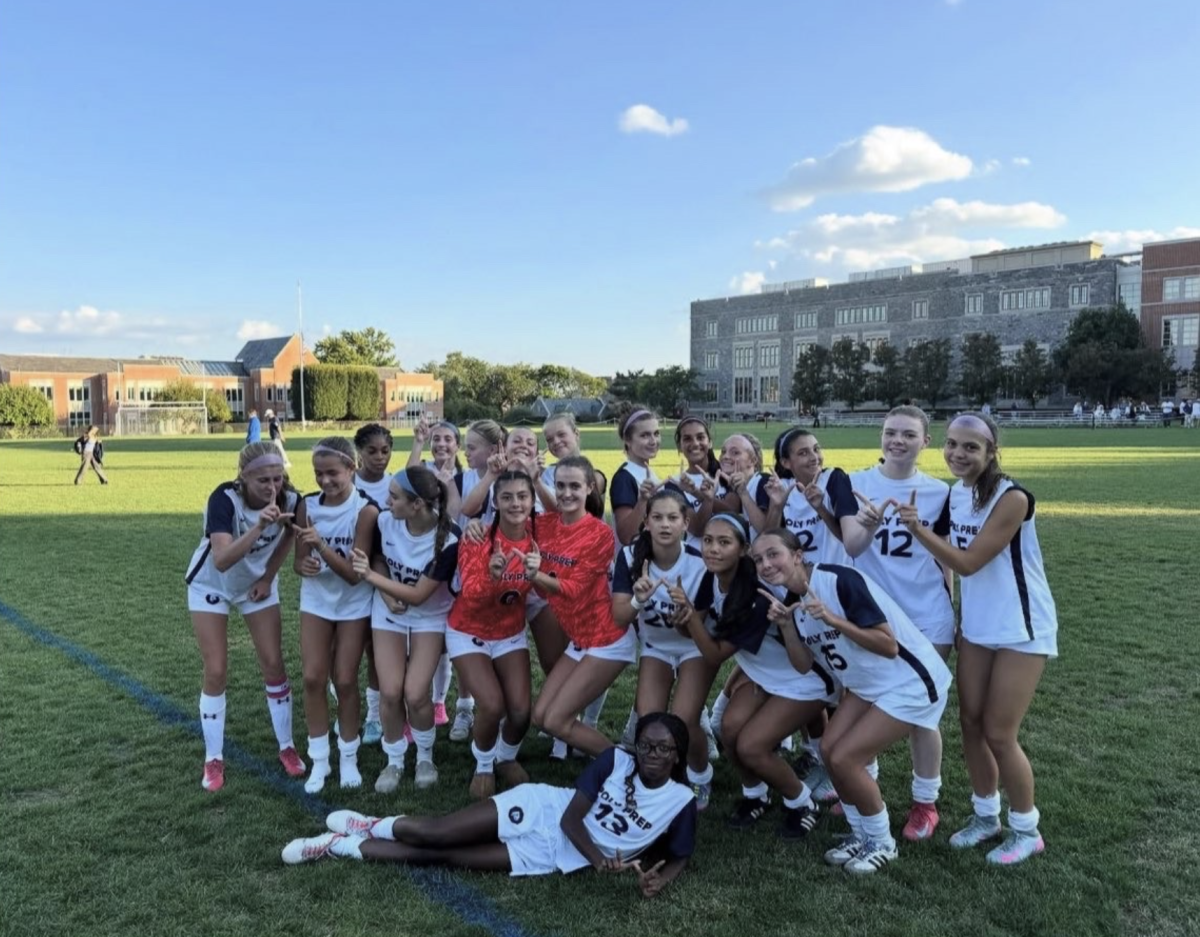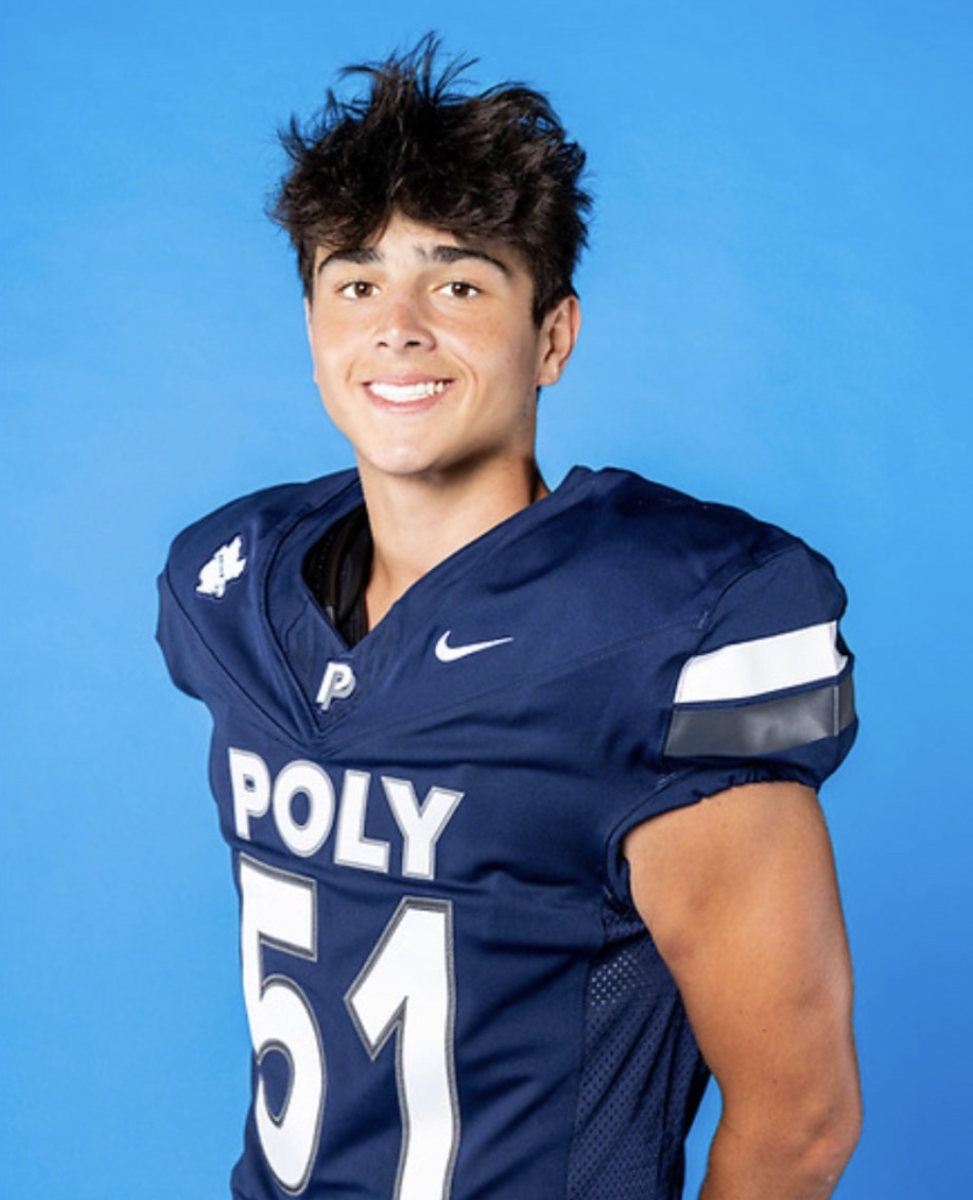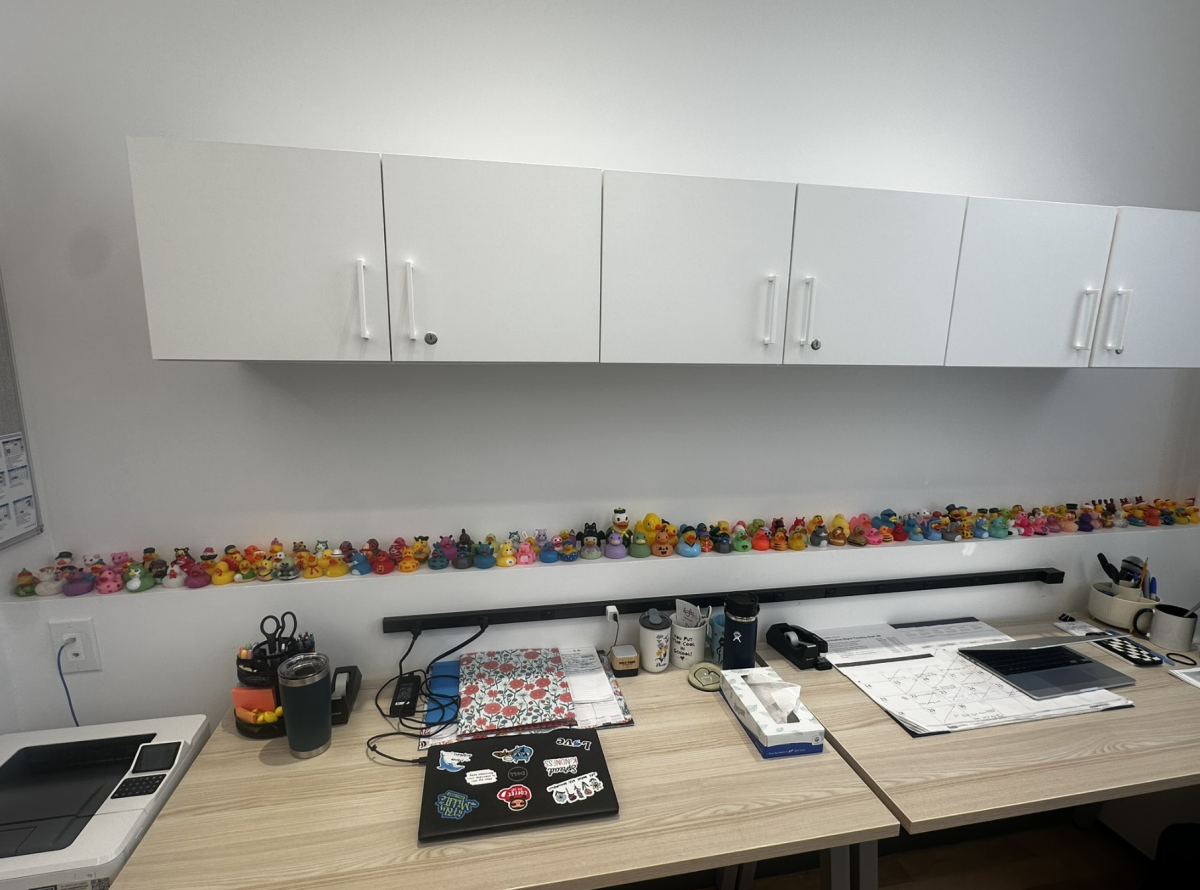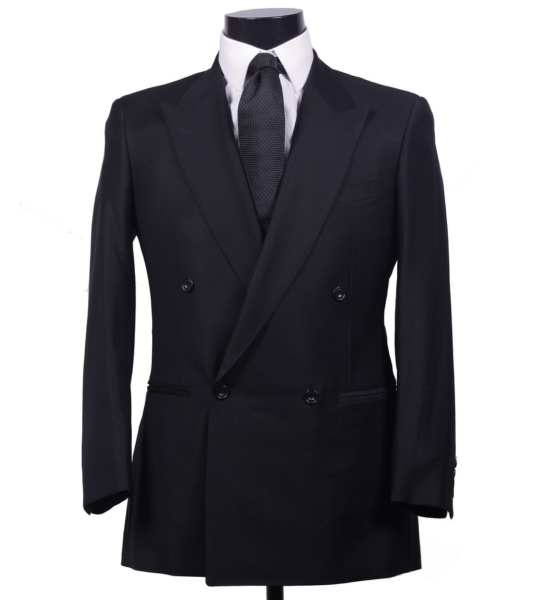How are books chosen for Poly’s English Classes?
A Book Q&A with the English Department
Three of Poly’s Upper School English teachers, Christy Hutchcraft, John Rearick, and Head of English Department Peter Nowakoski, were interviewed both in-person and through email about how books are chosen for their classes. Hutchcraft teaches English 9 and the Creative Writing elective for grades 10-12. Nowakoski teaches 10th grade English and the Writer’s Craft and Postcolonial Lit electives. Rearick teaches 10th grade English as well, along with AP English Literature. Their responses have been condensed and edited for clarity.
How does the English department decide which books are going to be used in the curriculum that year?
Nowakoski: All classes are fundamentally the same—we think about what we would like students to learn both in terms of content and skills and choose books accordingly. For single courses, I meet with individual teachers and discuss choices, ask questions, and make suggestions. For courses with teaching teams, I meet with those teams in a similar capacity.
Rearick: For an AP class, the AP teacher decides. I’m the only one teaching AP Lit, which is also a specialized class. I have a lot of experience teaching the AP so I try to find books that would be good for students to use on the AP test. We also try to keep an eye on other goals that we have. For instance, one of the pillars of the school is diversity, so we try to teach books that reflect all kinds of diversity.
Hutchcraft: I can’t speak for my colleagues, but I think there is a delicate balance between honoring really extraordinary texts that have withstood the test of time and continue to speak to our own time in really prescient ways and opening the door to new voices, identities and ways of existing on the page that haven’t been spotlighted. I am interested in doing both things, so I am always reading and on the lookout for new authors and voices that extend beyond my own formal education. Designing a curriculum for any literature course, if done thoughtfully, is always a work in progress. It is never finished.
How often are the books assigned for the curriculum of a class changed? Every few years? Every year?
Nowakoski: As a general principle, for me, a 3-5-year cycle per book is good for both students and teachers. At first, you figure things out, then you really sing along, then you start to look around for the next book…Teachers are always reading and getting excited about new books or re-investigating old favorites.
Hutchcraft: In the years that I have been at Poly, I would say that we introduced about two new texts each year in the Grade 10 course (up until this year, since we changed all of the courses quite a bit). All of the teachers are still finding their footing with the new courses that have developed this school year. I’m sure there will continue to be even more fluidity with our book lists. We’re adding Marjane Satrapi’s graphic novel, Persepolis, to the 9th grade curriculum next year, which I am excited about.
Rearick: I think every teacher would like to teach a book two or three times at least because then you get to really know the book. The first time, you’re experimenting yourself. The second time you feel a little bit more confident, and the third time you think “okay, I know what I’m doing.” So it’s good to hold on to a book for a few years, but sometimes a different class will want the book and you have to give it up. For instance, in AP Lit, I used to teach Invisible Man. The American Literature people came to me at the time and said they would like to teach it.
What is your favorite book that your students are reading or are going to read this school year?
Nowakoski: That’s like asking which student I like the most or which of my children I love more. There might be one on any given day, but I’m certainly not going to tell you…
Hutchcraft: I would say that Kafka’s The Metamorphosis still holds up after over one hundred years and has been fascinating to discuss during the pandemic. A man turns into a cockroach after losing himself by working too much. He is essentially quarantined in his room for months by his own family, and some would interpret that they are fearful they might catch his “disease.” You can’t get any more timely than that. Great literature has the power to generate a multitude of readings. I think the 9th graders have been challenged by this one, but in a good way. I’ve been impressed with their interpretations of it. And students will still tell me that they always remember reading and talking about The Metamorphosis.
Rearick: I love The Great Gatsby and my 10th graders are reading that. In AP Lit, I love all of the books, but I think the book that’s most powerful for me might be Beloved. I like Equus too because it allows people to talk a lot about psychology, which a lot of people are interested in.
What book would you like for students to be able to read in your classroom in the future?
Nowakoski: Ha! So many… we had novelist and poet Zack Linmark here this week, and his work is amazing. I read Colson Whitehead’s Harlem Shuffle over winter break, and it’s amazing (as are all his works), and in no particular order some titles that I’ve been turning over in my mind include The Thousand Crimes of Ming Tsu, A Brief History of Seven Killings, Midnight’s Children, and Empire of Wild.
Hutchcraft: A few years ago, a writer friend introduced me to Brazilian author Carolina Maria de Jesus, a single mother living in the slums of Brazil during the 1950s who kept a diary of her experiences. She would collect scraps of paper in the favela because she had nothing else to write on and use that for her diary entries. They were later published under the title Child of the Dark after being discovered by a local journalist. This is a text I would love to explore with students. She suffered great hardship, but the poetic power of her voice and her resilience are completely humbling. This first-hand account teaches the reader about what it means to live in abject poverty, and I think that is something that we as a school culture and a society don’t often want to look at closely. Yet despite these dire circumstances, this writer found language and poetry to be compelling sustenance. I think it would be a meaningful experience for students to spend time discussing a voice like this.
Rearick: Well I got a book in mind, and it would be really hard to read but it might be great to read. That book is Moby Dick by Herman Melville. It’s really long and you would need a whole elective just to read that book. I think for 10th grade, there’s a very powerful play called Death of a Salesman. You see, 10th grade is American Literature this year, so I would love to read that book with my class.
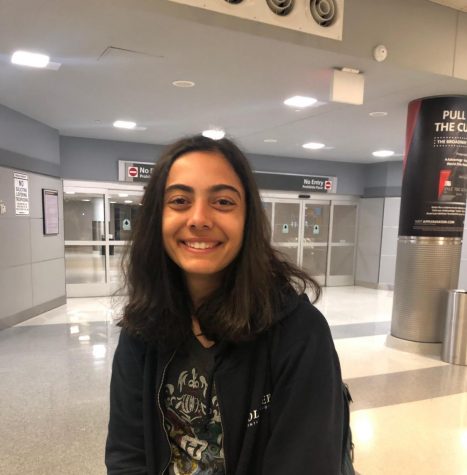
Samantha Rodino '22 is a Sports Editor for the Polygon. She joined the Polygon in her freshman year and became the Arts Editor in her junior year. She...


